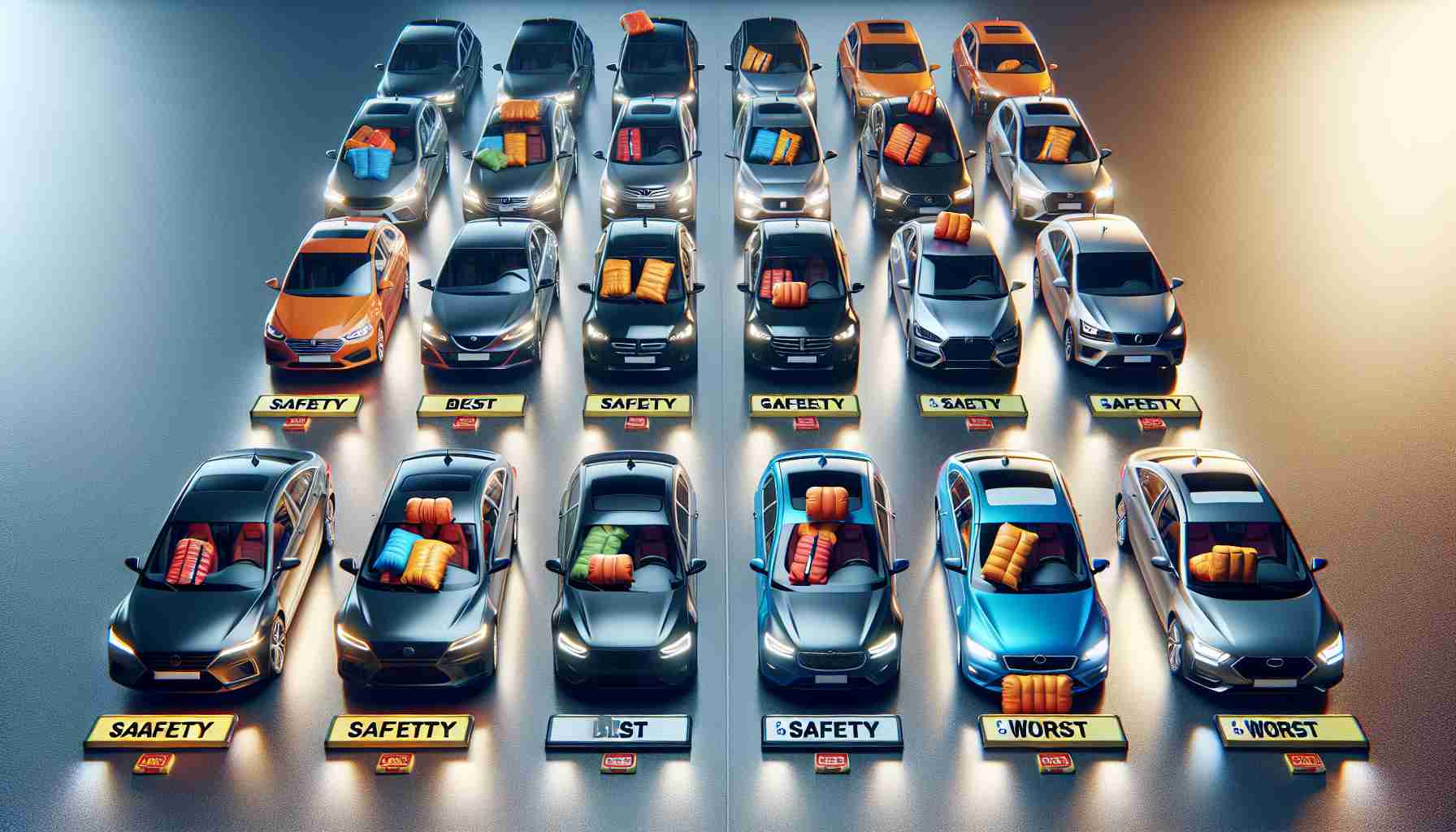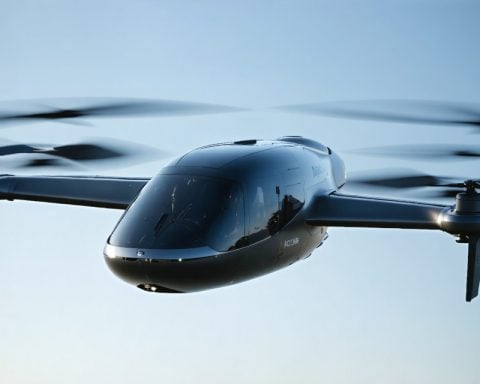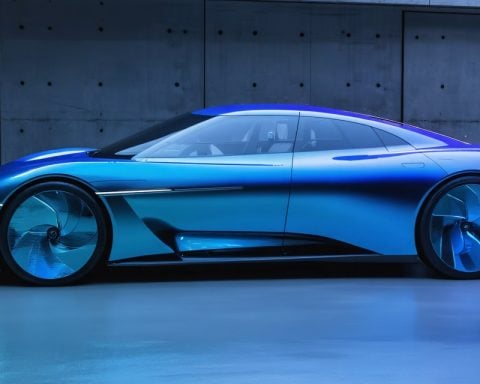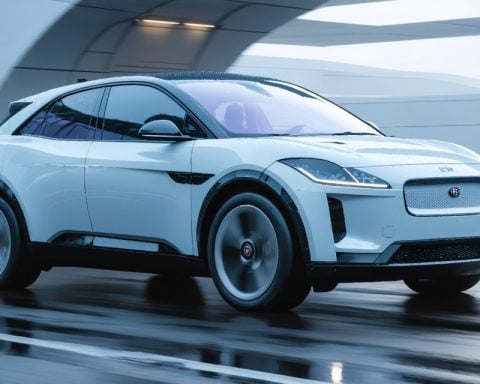2024 ANCAP Safety Ratings Unveiled
In a recent evaluation, the Australian New Car Assessment Program (ANCAP) tested a variety of vehicles, revealing surprises in both high and low safety performance. A coveted five-star rating is essential for automotive reputation, while a sub-five-star rating can signify serious concerns.
Leading the pack is the new Toyota Camry, achieving an impressive score of 88.4 percent. This model excelled in crash tests, boasting an outstanding adult occupant protection score of 95 percent. Additionally, it received commendable marks for child occupant and vulnerable road user protections, showcasing its comprehensive safety design.
Following closely is the Mazda CX-80, a family-friendly seven-seat SUV that garnered an overall score of 87.6 percent. Its consistent performance across safety tests made it a notable choice for families, earning high scores in all categories.
Not far behind in third place is the Zeekr X, a new compact electric SUV from China, which impressed with an overall score of 87.4 percent. This model marks the brand’s promising entry into the Australian market, receiving accolades for its safety standards.
On the flip side, the Suzuki Swift shockingly received a one-star safety rating, scoring a mere 56.6 percent overall. This rating raised eyebrows, especially compared to its European counterpart.
Additionally, both the Hyundai i30 Sedan and the Jeep Avenger fell short with three-star ratings, highlighting the need for improvement among new models.
Exploring the Implications of ANCAP Safety Ratings
The recent unveiling of the ANCAP Safety Ratings not only reflects the current state of vehicle safety but also carries deeper implications for society, culture, and the global economy. The emphasis on safety ratings influences consumer behavior, directing buyers toward models with higher ratings and, consequently, shaping the market dynamics within the automotive industry. As consumer awareness grows regarding vehicle safety, companies are incentivized to innovate, leading to enhancements that prioritize both protection and technology.
This shift toward increased safety standards has broader societal benefits. It fosters a culture of accountability, where manufacturers are held responsible for the well-being of occupants and pedestrians alike. Investing in vehicles that perform well in safety tests can decrease accident fatalities and injuries, translating to lower healthcare costs and enhanced public safety.
From an economic perspective, the global market increasingly favors electric vehicles, as evidenced by the success of the Zeekr X. This trend signals a significant cultural transition towards sustainability. As electric vehicle safety standards become paramount, manufacturers might invest more in research and development, paving the way for innovations that address both safety and environmental sustainability.
The environmental impact cannot be overlooked either. Stricter safety regulations will likely lead to the production of vehicles that not only possess superior safety ratings but also utilize greener technologies, contributing positively to the climate change discourse. In time, the emphasis on safety could grow into a crucial criterion for car buyers, influencing industry standards and consumer preferences for generations to come.
2024 ANCAP Safety Ratings: Which Cars Made the Grade and Which Didn’t?
2024 ANCAP Safety Ratings Unveiled
The Australian New Car Assessment Program (ANCAP) has released its latest safety ratings for 2024, highlighting significant variances in vehicle safety performance. Achieving a five-star rating is crucial for automotive manufacturers as it directly impacts consumer perception and market competitiveness.
Top Performers
Leading in safety is the Toyota Camry, which scored an impressive 88.4%. This model excelled particularly in adult occupant protection, securing a remarkable score of 95%. The Camry demonstrated its commitment to safety with high ratings for child occupant safety and vulnerable road user protections, making it one of the safest options in the market.
The Mazda CX-80, a spacious seven-seat SUV, closely follows with an overall score of 87.6%. Praised for its robust safety features, the CX-80 performed consistently well across various safety tests, establishing itself as an ideal family vehicle.
In third place is the Zeekr X, a compact electric SUV that made a notable entrance into the Australian market. It achieved an admirable score of 87.4%, recognized for its advanced safety features and solid performance in crash tests.
Notable Lower Performers
On the contrary, the Suzuki Swift received a dismal one-star safety rating, with an overall score of just 56.6%. This marked a stark contrast to its European version, raising significant concerns about the design and safety standards of the Australian model.
Both the Hyundai i30 Sedan and Jeep Avenger scored three stars, signaling a need for enhancements in their safety features. The results spotlight the ongoing challenges faced by manufacturers in delivering vehicles that meet stringent safety expectations.
Trends and Insights
The 2024 ANCAP results reflect growing trends in vehicle safety, with manufacturers increasingly prioritizing advanced safety technologies. Electric vehicles, like the Zeekr X, are making strides not just in sustainability but also in ensuring passenger safety. This shift suggests a promising direction for future models as consumer awareness around vehicle safety continues to expand.
Consultations for Safety Improvements
Manufacturers are encouraged to review these safety ratings to address potential vulnerabilities in new models. Continuous innovation and proactive safety measures can help elevate overall safety scores, ensuring vehicles meet the evolving expectations of consumers.
Safety Ratings Cheat Sheet
– Toyota Camry: 88.4% (5 stars)
– Mazda CX-80: 87.6% (5 stars)
– Zeekr X: 87.4% (5 stars)
– Suzuki Swift: 56.6% (1 star)
– Hyundai i30 Sedan: 3 stars
– Jeep Avenger: 3 stars
For more information on vehicle safety ratings, visit ANCAP.
















